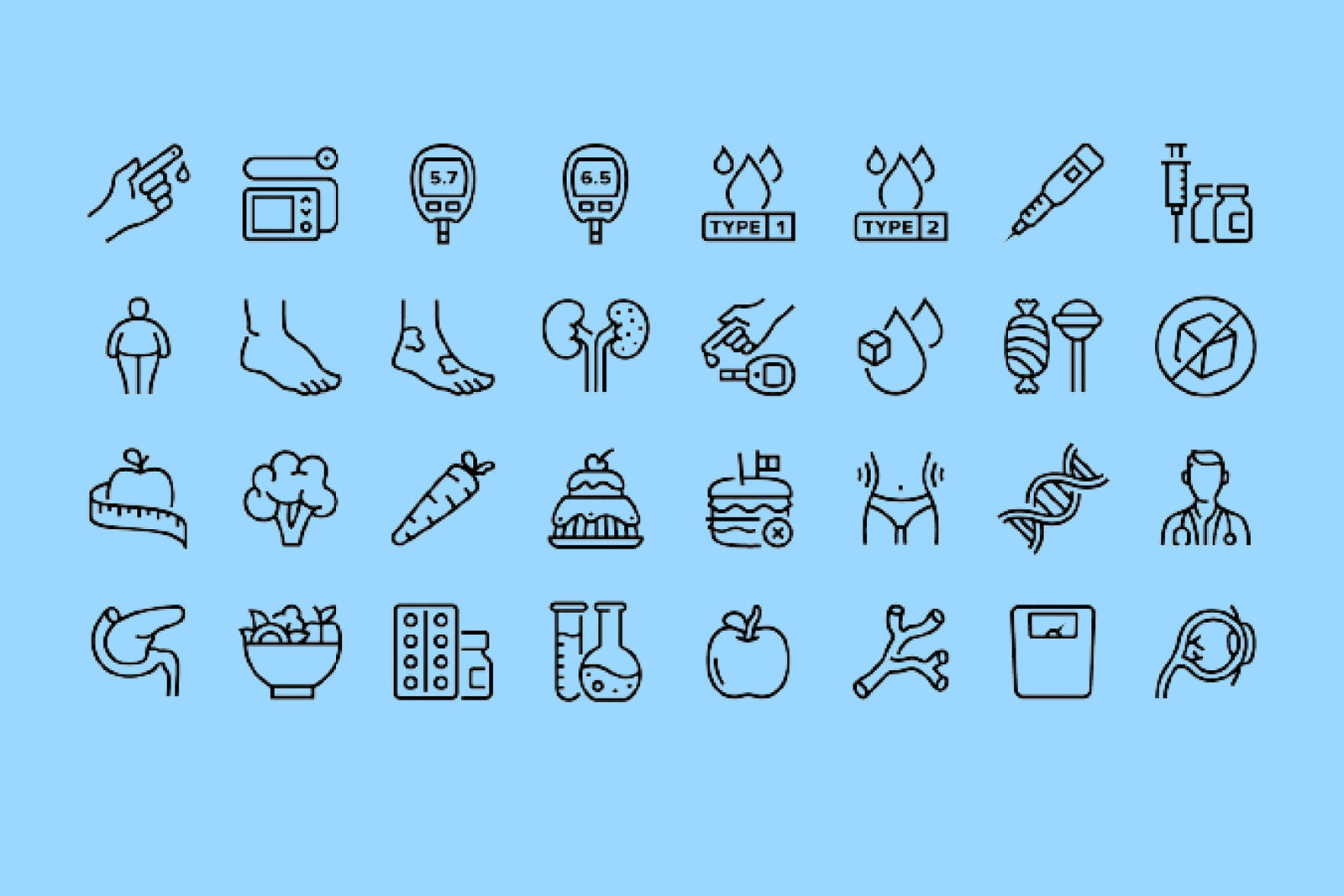HSP70 and Your Hearing: What Your Genes Mean for Noise-Related Hearing Loss
Hearing loss can happen for many reasons. One type, sudden sensorineural hearing loss, occurs when inner ear cells or the auditory nerve are damaged quickly. The HSP70 gene helps protect those inner ear cells by producing molecular chaperone proteins that keep other proteins stable and stop cells from dying under stress. Variants in HSP70 can change how well that protection works, and some people may be more vulnerable to noise-related hearing damage.
How HSP70 Protects the Ear
- HSP70 proteins help refold damaged proteins and prevent protein clumping inside cells.
- In the cochlea, HSP70 supports the fragile hair cells that detect sound vibrations.
- If HSP70 function is reduced by a genetic variant, hair cells can be less resilient to loud noise and other stresses.
What This Means for You
Genetic information is one piece of the picture. Even if you carry a variant associated with increased risk, many lifestyle and dietary steps can reduce your chance of hearing damage. Below are clear, practical actions you can take to protect your hearing and support inner ear health.
Personalized Genetic Interpretations
Two effect alleles (TT) — higher susceptibility
If your genotype is TT for rs2763979, you have two copies of the T variant associated with increased risk for noise-induced hearing loss. This suggests your HSP70-driven protective response in inner ear cells may be reduced compared to people with other genotypes. As a result, your cochlear hair cells could be more vulnerable to loud sound exposure. Proactive and consistent hearing protection is especially important for you.
One effect allele (CT) — likely increased susceptibility
If your genotype is CT for rs2763979, you carry one copy of the T effect allele. This is associated with a likely increased risk for noise-related hearing damage. Your HSP70 protein function may be partially reduced, meaning your cells could be less able to handle repeated or intense noise stress. Using hearing protection and reducing prolonged loud sound exposure are important steps to lower risk.
No effect alleles (CC) — typical susceptibility
If your genotype is CC for rs2763979, you carry two copies of the non-effect C allele. This indicates typical genetic susceptibility related to HSP70 for noise-induced hearing loss. While your genetic risk is not elevated based on this variant, environmental and health factors still affect hearing, so standard preventive measures remain recommended.
Dietary and Nutritional Strategies to Support Hearing
Nutrition can support cellular resilience and reduce inflammation that may contribute to hearing damage. Focus on whole foods that supply antioxidants, healthy fats, and key minerals.
- Eat a variety of antioxidant-rich fruits and vegetables daily — berries, leafy greens, bell peppers, and citrus fruits help neutralize oxidative stress.
- Include omega-3 fatty acids through fatty fish (salmon, mackerel, sardines), flaxseed, chia seeds, or algae-based supplements to support blood flow to the inner ear.
- Maintain adequate protein intake for tissue repair and to support cellular maintenance pathways like HSP70 production.
- Stay hydrated and limit excess alcohol, which can negatively affect circulation and inner ear function.
Supplements to Consider
Supplements can be helpful when dietary intake is insufficient. Discuss these with your healthcare provider before starting.
- Magnesium — may help protect hair cells from noise damage and support circulation.
- Zinc — involved in cell repair and immune function; deficiency can impair recovery from stress.
- Vitamins A, C, and E — antioxidants that help reduce oxidative stress inside ear tissues.
- Omega-3 supplements — for those who do not consume fish regularly, a high-quality fish oil or algae omega-3 is an option.
Lifestyle Steps to Preserve Hearing
- Use hearing protection in noisy environments — earplugs or earmuffs at concerts, when using power tools, lawn equipment, or when exposed to prolonged loud noise.
- Keep personal audio devices at a safe volume and follow the 60/60 rule: no more than 60% volume for no longer than 60 minutes at a time, with breaks in between.
- Manage cardiovascular risk factors — high blood pressure, high cholesterol, and diabetes can impair blood flow to the inner ear. Regular check-ups and control of these conditions support hearing health.
- Avoid or minimize use of ototoxic medications when possible. If you must use them, discuss monitoring strategies with your provider.
- Exercise regularly to support overall circulation and metabolic health, which indirectly benefits inner ear function.
- Schedule routine hearing check-ups, especially if you work in noisy settings, notice hearing changes, or are at higher genetic risk.
When to Talk with Your Healthcare Provider
Contact your healthcare provider or an audiologist if you experience sudden hearing loss, ringing in the ears, persistent muffled hearing, or new balance problems. If you carry a variant associated with increased susceptibility, consider sharing your genetic results with your provider to tailor monitoring and preventive strategies.
Important Disclaimer
PlexusDx provides educational information about genetic predispositions only. This content is not medical advice. Always consult your healthcare provider before making changes to medications, supplements, diet, or medical care. Your provider can interpret genetic results in the context of your full medical history and create a plan tailored to your needs.

Share:
HEARING LOSS | IL6 (rs1800796)
HEARING LOSS | NFKB1 (rs3774937)